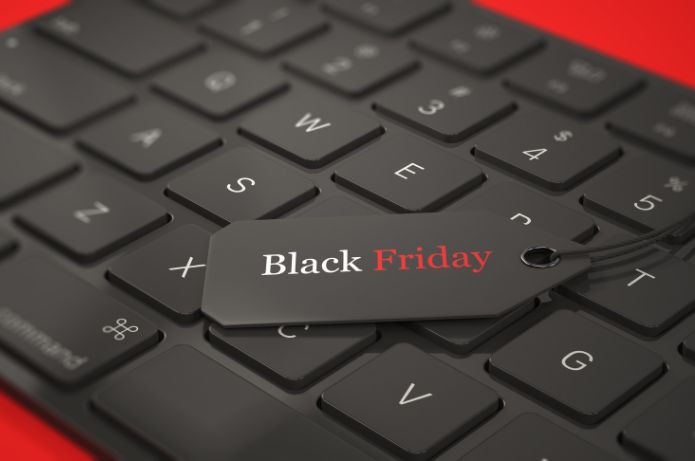Created in the United States in the 1960s, Black Friday is already a consolidated tradition in several countries of the world, always on the last Friday of November. Big discounts, lightning promotions, exclusive and unmissable prices are the great attractions of the date, which promises to be one of the busiest also in Brazilian trade. The year 2024 will be marked both by new trends as well as by old practices, both gaining strength.
In Brazil, a Black Friday it began to become popular from 2010, with significant growth specifically from 2015, when e-commerce began to have a more intense presence in the daily lives of many customers. Despite gaining strength over the last decade, the event has not yet reached its full potential here, mainly due to cultural problems such as price masking by some retailers.
According to the doctor of Administration and professor of graduate studies at the Universidade Positivo (UP) Sergio Czajkowski Junior, “there is a fear on the part of many clients, and it is justified, that here in Brazil there is a (UP) Fraud Fraud, since, unlike the United States, where discounts have a real weight; here this discount is often not really valuable or interesting, from the point of view of the cost-benefit”, He points out some trends for Black Friday this year.
- Artificial intelligence
The more widespread use of artificial intelligence should have a relative influence on Black Friday this and the next few years.“A trend is that you leverage both loyalty programs and possibilities for customizing offers for certain customer profiles using the technological resources and other innovations available”, notes Czajkowski, who studies the applications of AI in different processes in the postdoctoral.
- Extended promotions
The name mentions a Friday, but in Brazilian lands, the promotions that should be applied only in one day end up extending over up to a month. In 2024 should not be different. “In the United States it is, yes, only a day of discounts, but here, companies always choose to promote the Black Friday’ or the 2nd weekend of Black Friday’, with discounts for several consecutive days.”
In Curitiba, Ventura Shopping, for example, chose to extend the actions of Black Friday to the next two days, covering the entire weekend. From November 29 to December 1, there will be a specific Black Friday store within the mall, where consumers can find products from various stores at cost price, as well as lightning promotions on items such as clothing, footwear and electronics.“ The mall itself decided to ensure, through a curator, that within this store all products are offered at the lowest possible price”, says Ventura Marketing Manager Daniela Leal.
- Good offers also in physical stores
Not only online sales is made a Black Friday. The professor points out that in 2024, retailers, whenever possible, should also focus efforts to attract customers to physical stores, not only for promotional actions, but also as a way to strengthen CRM policies.
After confinement due to sanitary measures, people are eager to feel new emotions and live unusual and impactful experiences. Such a movement is configured, including, as a post-pandemic trend. “Over the last few years, people have bought more over the internet, influenced mainly by the restrictions of the pandemic. Back to the classroom, consumers should keep an eye on the offers of physical stores, which have become increasingly interesting, with merchants trying to attract the public back to their” spaces, he comments.
- Not every promotion is for you
“Consumers are increasingly aware and making more planned decisions.This means that it is more difficult to deceive them with type “ promotions half of double’. Even so, it is important to keep in mind that even the offers that seem more attractive are not always for you. It is worth making a list of the most necessary items to not lose control of spending and end up buying more than you can afford to”, warns Czajkowski.


